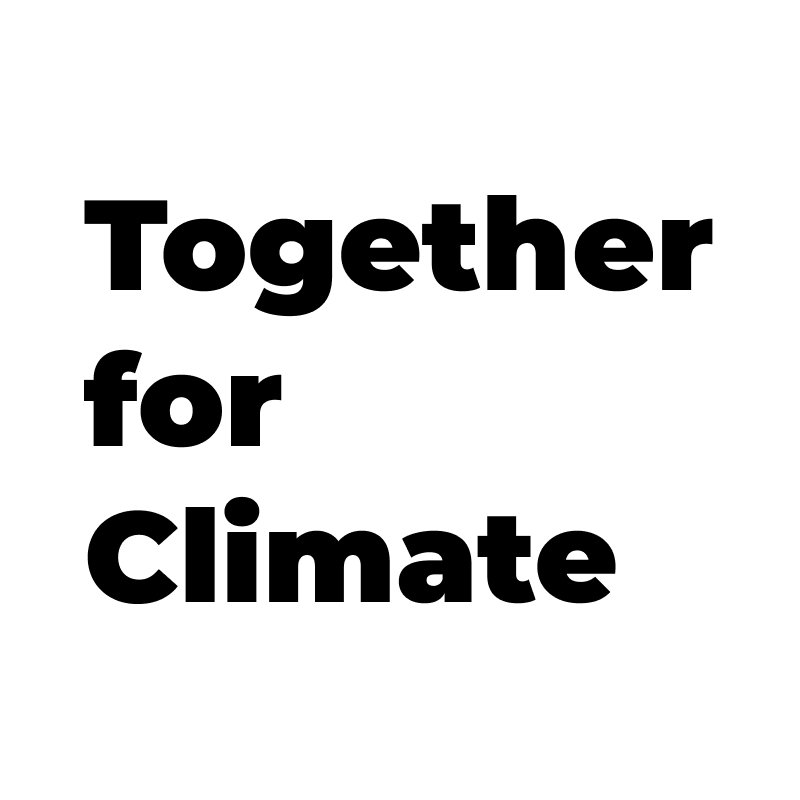How climate change is affecting pregnant women
It's no secret that climate change is harming human health, threatening our access to clean air and safe water, damaging shelter, and affecting our mental health. Everyone is touched by climate change at some point in their lives, however, some people's lives are being dramatically changed from the climate crisis, all depending on their life lottery - including where they live, age, income, health, and their day-to-day lives.
Another factor in this has been argued to be gender - with many world leaders already turning their focus to gender at climate summits - with the conclusion being drawn that women are more vulnerable to the effects of climate change than men.
In western countries, one subgroup of women is expressly at risk: pregnant women.
Health-related issues tied to climate change
As global temperatures and emissions rise, so does the impact that climate change has on public health. Pregnant women, in particular, are more vulnerable to extreme temperatures, particularly dehydration - this can release labour inducing hormones. Newborns are also especially sensitive to these impulse temperature extremes as their ability to regulate body temperature is still limited.
More pollutants in the air also pose a risk to pregnant women and developing fetuses. This means the increase in automobiles, fossil fuels, and smoke from wildfires are increasing the risk of cardiac disease and respiratory disease.
The 2020 JAMA Network review found that climate-related air pollution and heat exposure significantly increased the risk to fetal, maternal, and infant health.
How natural disasters pose an increased risk to pregnant women
Obviously, it is a given that pregnant women are particularly vulnerable to natural disasters. Carrying a baby has extreme consequences on the body - making it less mobile and harder to escape from climate-related natural disasters such as hurricanes and floods.
Pregnant women and newborn babies are also uniquely vulnerable to health hazards from floods including environmental toxins, mould, and reduced access to necessary nutrition and safe water.
Alternatively, droughts also endanger pregnant women's access to safe and reliable water - increasing their risk of dehydration and infectious agents.
Climate-related infectious diseases and pregnant women
Pregnancy changes the immune function of a body - this is necessary so that it can protect both the mother and baby from disease. However, this means that certain parts of the mother's immune system are suppressed. Pregnant women, therefore, are more susceptible to certain ailments. This can include waterborne diseases from flooding which has caused adverse pregnancy outcomes.
Women are also more vulnerable to vector-borne diseases, these can cause microcephaly in the fetuses.
Mental health, climate anxiety, and pregnancy
Pregnancy is a substantial stress test. It puts the body through extreme pressures and strains. Environmental injustice and climate change anxiety can only exacerbate the stresses that women go through during pregnancy.
The fragility of their mental health is exacerbated. Climate discussions very often overlook the issue of mental health linked to climate anxiety. The added stress, even from increased temperatures, storms, and power outages lead to higher rates of preterm births.
Right now, there is more public information on how to protect pets from climate issues than pregnant women. With only a couple of documents explicitly addressing the dangers of rising temperatures on pregnancy.
